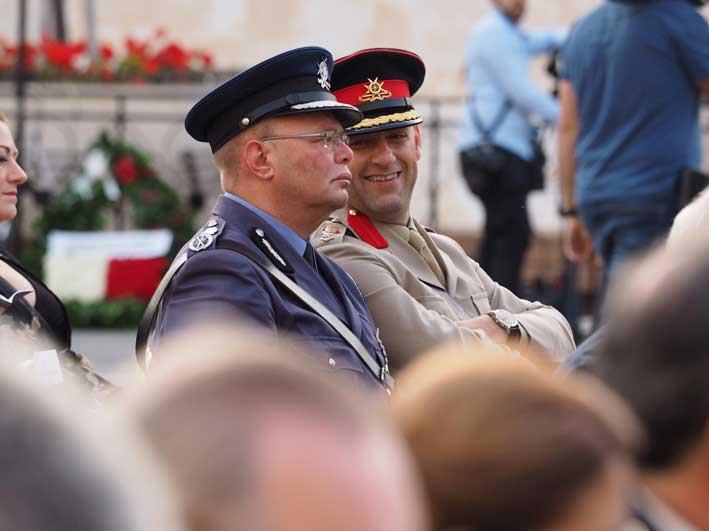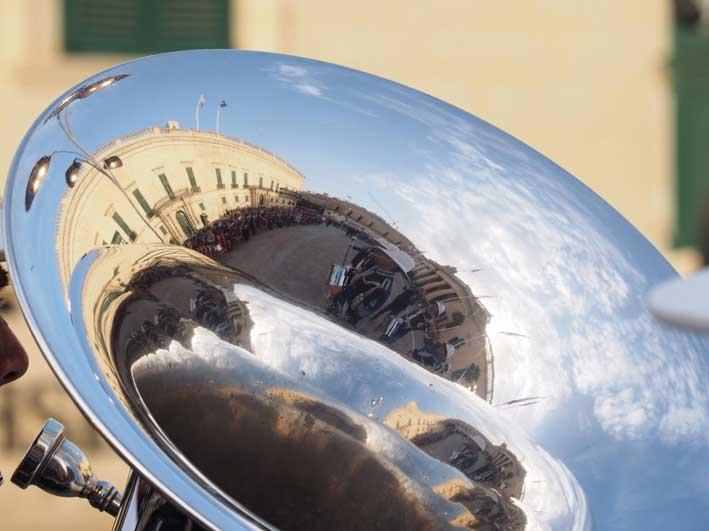Addressing the crowd at the Sette Giugno event on Thursday, the Speaker of the House of Representatives, Anglu Farrugia said that Parliament needs to achieve better gender balance.
He noted that this is an issue which has not yet been adequately addressed.

Out of the 67 elected Members in the present Legislature, only ten MPs are female, amounting to 15%, Farrugia explained.
Government has launched a public consultation proposing to address this issue, he said, adding that this process closes on 8 June. "This means that at this stage, everyone still has the opportunity to make proposals with regards to this reform."
Farrugia said that the reform needs to be implemented quickly and in a responsible manner so that Malta will have a mechanism that can address this discrepancy "which one may argue that it constitutes a democratic deficit in Parliament."
The lack of representation of women in Parliament is a phenomena that has been witnessed for a long time, Farrugia noted, saying that this is despite the fact that women have been granted the right to vote as well as the right to stand for elections since 1947.

Farrugia even pointed out that fact that this dearth is even more apparent when Malta is compared to other countries, not only in Europe, but also across the Commonwealth. He also highlighted the fact that even Cameroon has more women in Parliament, at 31%.
The EU average in this regard is 28.5 % as published in a recent report, Farrugia noted.
"Therefore, it is evident that the time has come for us to address this problem responsibly, by seeing that all the necessary measures are introduced so that more women are encouraged to stand for elections to represent the citizens in Parliament."

Farrugia also said the commemoration serves as an opportunity to consider what the Maltese achieved to date regarding parliamentary democracy.
His also pointed out that this year is more significant because these events are so closely connected to the history of the parliament of Malta.

Farrugia highlighted the events which led to the riots which broke out on 7 June 1919. "At the end of World War I our country faced huge problems, especially in agriculture and in the importation of wheat, on which the availability of food for the Maltese people depended. "He said that it was not just a problem of high costs of food products but also the rising discontent and tension amongst the Maltese working class, especially those blue collar workers who assisted the British during World War I. He referred especially to those Dockyard workers who faced discrimination amongst their colleagues.
Photos Michael Camilleri
